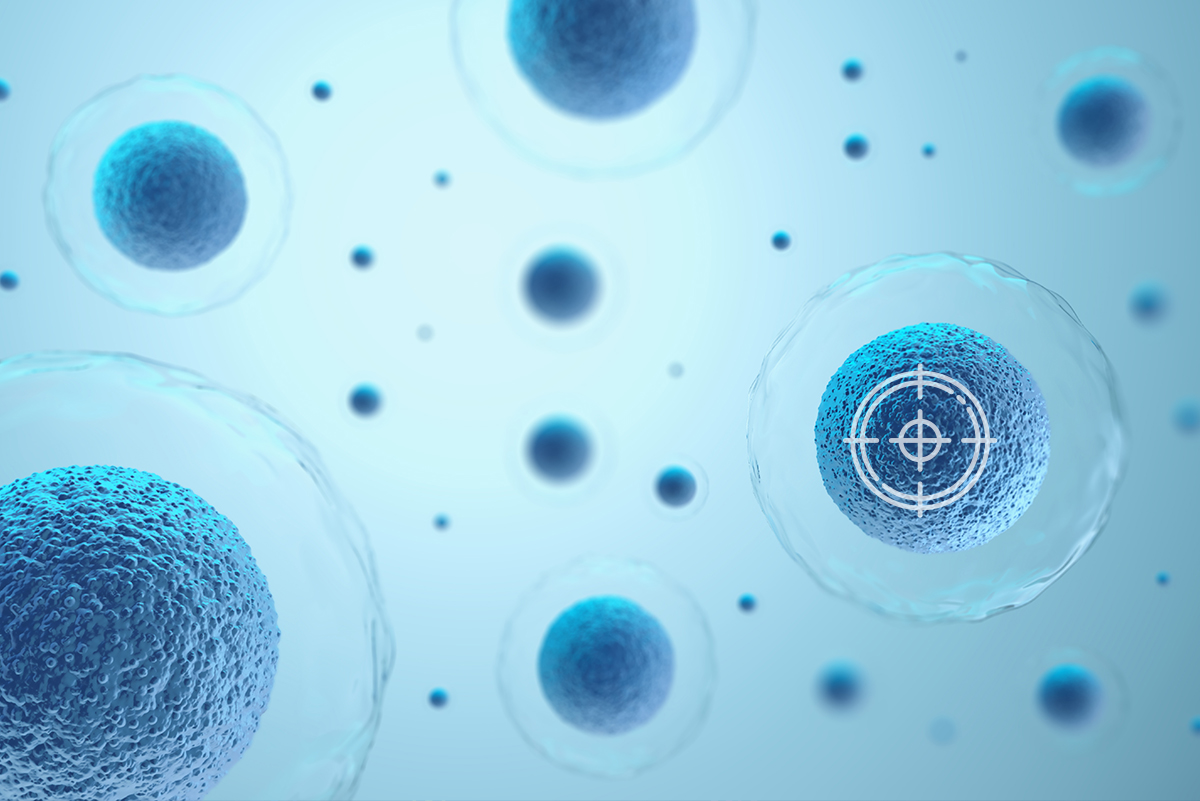A little while ago, a washing powder brand in India had come up with an advertisement ‘Daag Acche Hain’, meaning the stains are good. While the idea was if you need to get stains in order to do good to the society, then those stains are good, you have our washing powder to deal with it. Well, not the same basis, but there is an upside to cancer-related Gene Mutations as well.
We have always looked at gene mutations through a negative lens, probably because of the stories we have come across indicating that mutations are always “responsible” for cancer. While some gene mutations increase the risk of developing cancer, a lot of other gene mutations act as guiding insight for cancer management. In other words, these mutations provide information on the weakness of cancer. Clinicians can target these weaknesses for effective victory over cancer.
To begin with, let us look at the mutations that increase the risk of developing certain cancers. Even though they can’t be considered completely ‘good’ mutations, there is still an upside to them. Let us take the famous case of Angeline Jolie. There is a widespread misconception that she was diagnosed with cancer. The fact is that she just found out that she had a harmful mutation, which was based on the observation of a strong maternal family history of breast and ovarian cancers. She was tested positive for a gene mutation and took some measures in consultation with her Oncologist. However, the research has advanced, and currently, there is a class of drugs (called PARP inhibitors) are effective if there are hereditary BRCA1 or BRCA2 mutations. Not the biggest of upsides, but better than nothing.
One application of genetic testing in predicting the course of cancer, broadly referred to as ‘prognosis’ in medical terms. If there are certain gene mutations present in various cancers, it would mean that the cancer will be more aggressive (termed as poor prognosis). While it might look like a huge downside of gene mutations, the knowledge of it helps the doctor start aggressive treatment (in case of poor prognosis) or vice-versa. On the other hand, there are certain gene mutations that make the disease less aggressive (E.g IGHV gene mutation in Chronic Lymphocytic Leukemia). These can be completely classified as actionable mutations.
All of us have heard about the term targeted treatment. What it means, especially for cancer is accurately treating the cancer based on the gene mutations. In other words, these gene mutations act as targets for the anti-cancer targeted treatment leading to more informed treatment decisions by the oncologists. If we consider a case where we must free the hostages, obviously without hurting the hostages, but killing all the kidnappers, which approach will you choose? Open-fire or Sniping using a scope and shooting only post target identification? The answer is obviously the latter. Well, this is what the knowledge of genetic mutations does in the treatment of cancer. The shift from chemotherapy (open-fire) to targeted treatment (sniping post target identification) with accurate information available with a high confidence level.
While we might have looked at the gene mutations in bad light always, the silver-lining is that if we make the mutations our ally and use the information we gain from them, it helps us fight the war against cancer more effectively.



 Enquire
Now
Enquire
Now